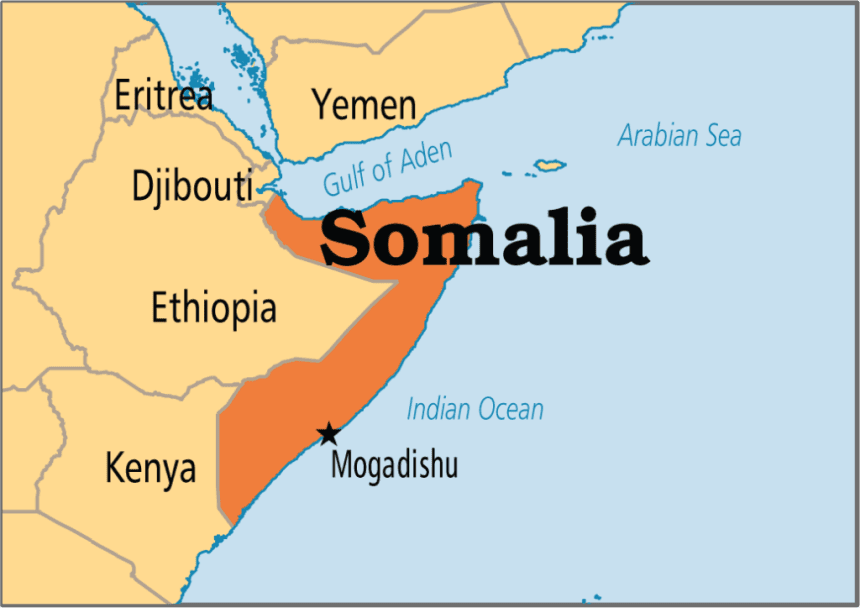The World Bank Group Board of Executive Directors have moved toward normalizing its relations with the Federal Government of Somalia (FGS) after thirty years.
This will open up opportunities for Somalia to access concessional financing from the World Bank’s International Development Association (IDA) and to work closely with all arms of the World Bank Group to attract investment that will support the country’s stability and development.
“This milestone is the result of several years of close cooperation with the Federal Government, and we now look forward to taking our relationship to the next level with deeper and broader financial and technical support from across the Bank Group,” said Axel van Trotsenburg, World Bank Managing Director of Operations.
The Board’s decision to reengage is based on the government’s strong record of fiscal, political, social and economic reforms in recent years.
Somalia’s fiscal management agenda now covers revenue mobilization, budgeting, procurement, auditing, and cash management, as well as accountability over Public Financial Management.
The country has also focused strong attention to building core monetary and financial sector governance institutions, establishing the basic legal foundations for a market economy, and introducing reforms in strategic sectors including telecommunications, banking, and energy.
Economic policy reforms, such as the recently enacted Public Financial Management Law and the Company Law, have improved public financial management and revenue generation.
“Somalia has made important reforms and has demonstrated strong commitment to staying the course,” said Hafez Ghanem, Vice President for Africa, the World Bank.
“These reforms lay the foundation for sustained poverty reduction and better lives for the Somali people, and open the door to private sector investment that can create jobs and drive the economy forward,” he added in a statement issued in Nairobi on Friday.
Somalia’s reforms continue to strengthen the government’s capability to provide critically needed services in health and education to the Somali people, and build a framework for competitive private sector that can create jobs particularly for Somalia’s youth.
JK/abj/APA


